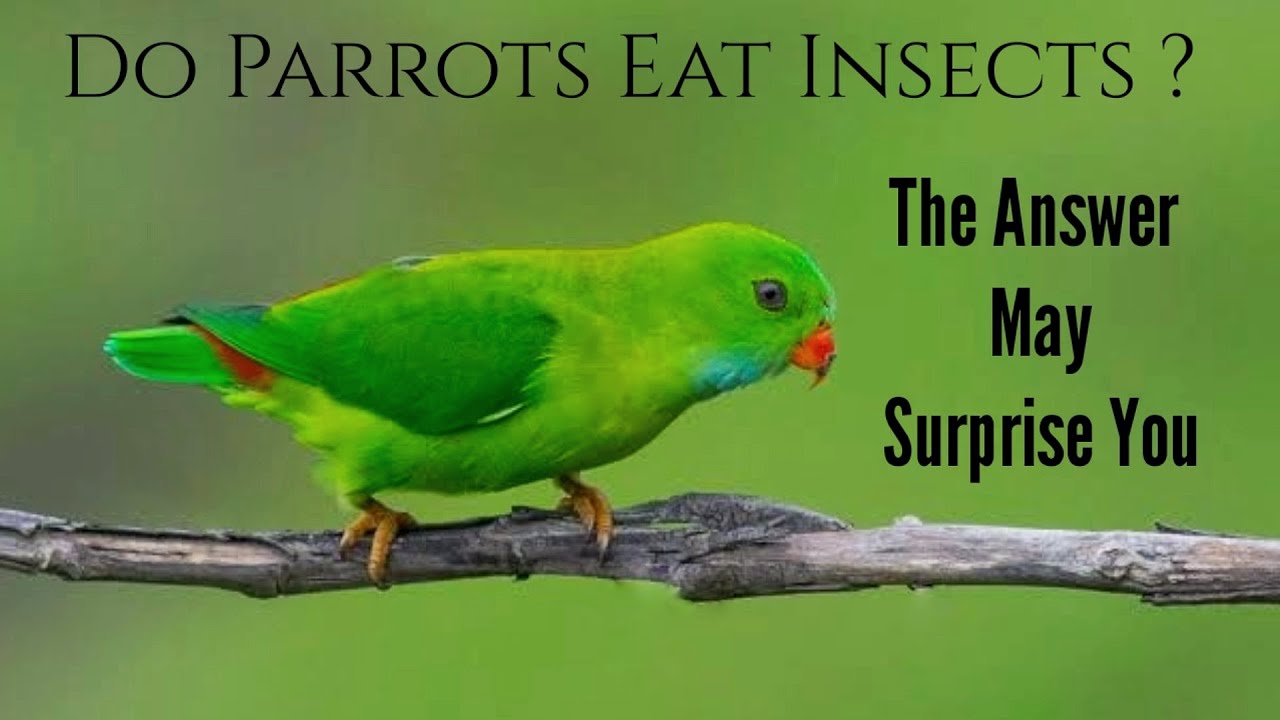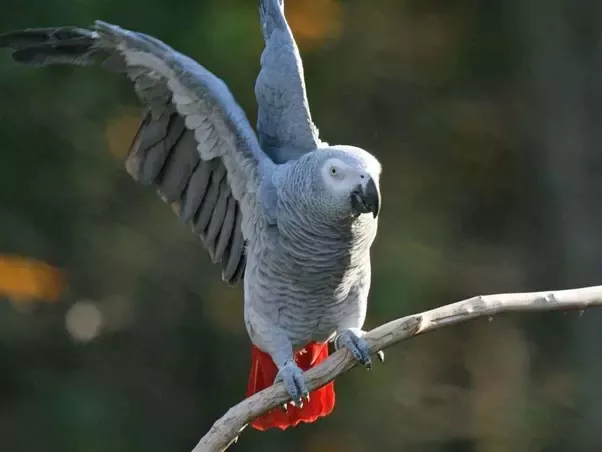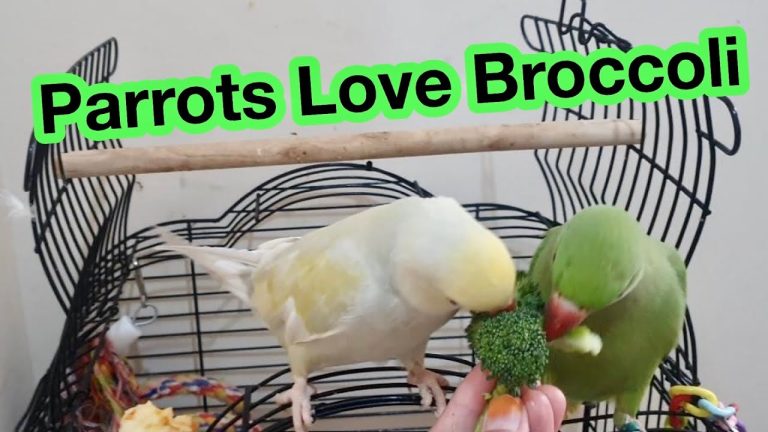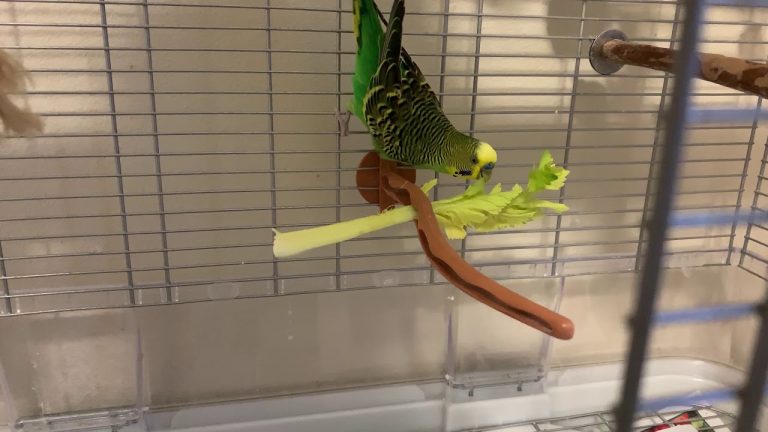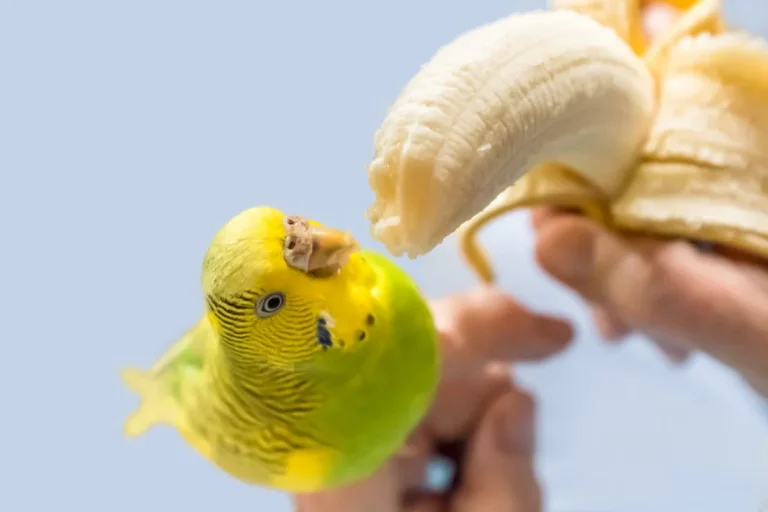Do Parrots Eat Bugs? [The Surprising Diet of Parrots]
Yes, parrots do eat bugs. Many species enjoy insects as part of their natural diet.
Parrots are diverse, colorful birds found in tropical regions around the world. They primarily consume fruits, seeds, and nuts, but some species also include insects in their diet. Bugs provide essential protein and nutrients that support their health. In the wild, parrots often forage for insects, especially during breeding seasons when they require extra nourishment.
This behavior showcases their adaptability and opportunistic feeding habits. Understanding the dietary preferences of parrots can help pet owners provide a balanced diet, promoting overall well-being. Incorporating safe, insect-based treats can enhance a parrot’s nutrition and mimic their natural foraging instincts.
Types Of Parrots And Their Diets
Parrots have different diets based on their species. Some eat fruits, seeds, and nuts. Others may consume insects or small bugs. For example, the Amazon parrot enjoys a variety of seeds and fruits. Meanwhile, the African grey prefers nuts and leafy greens.
Geography plays a big role in a parrot’s diet. Parrots in tropical areas eat more fruits and flowers. Those in drier regions might rely on seeds and nuts. This means that local food sources influence what they eat.
| Parrot Species | Common Diet |
|---|---|
| Amazon Parrot | Fruits, seeds, nuts |
| African Grey | Nuts, leafy greens |
| Macaw | Fruits, seeds, insects |
| Budgerigar | Seeds, green foods |
The Role Of Insects In Avian Nutrition
Insects are a great source of nutrition for parrots. They provide protein, fat, and essential vitamins. Bugs can help keep parrots healthy and active. Many wild parrots eat insects to meet their dietary needs.
In captivity, parrots may not get enough insects. A diet lacking bugs can lead to nutritional deficiencies. Offering insects as a treat can improve their overall health. Some common insects include mealworms, crickets, and waxworms.
| Nutritional Benefits | Wild Diet | Captive Diet |
|---|---|---|
| High in Protein | Insects are abundant | Often limited |
| Healthy Fats | Readily available | May require supplements |
| Essential Vitamins | Natural source | Needs careful planning |
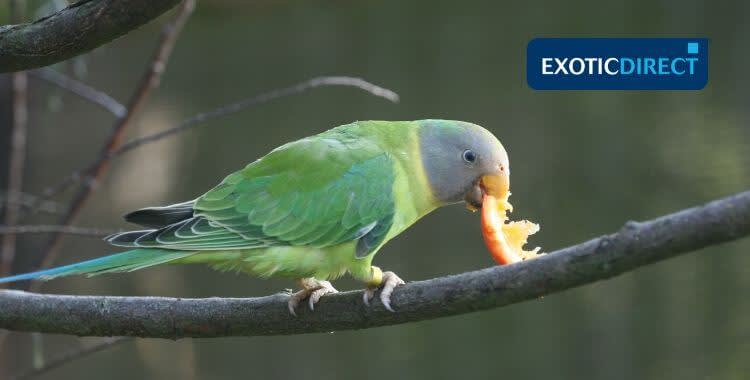
Credit: exoticdirect.co.uk
Observing Parrots In The Wild
Parrots are curious creatures. They often search for food in trees and bushes. Foraging patterns vary by species. Some parrots dig into the ground for insects. Others look under leaves for bugs.
Seasonal changes affect their diet. In summer, insects are plentiful. Parrots may eat more bugs during this time. During winter, their diet shifts to seeds and fruits. Adaptability helps parrots survive in different environments.
| Season | Diet Focus |
|---|---|
| Spring | Fruits and young leaves |
| Summer | Insects and seeds |
| Autumn | Seeds and nuts |
| Winter | Fruits and berries |
Bugs On The Menu
Parrots often enjoy a variety of insects in their diet. These small creatures provide essential protein and nutrients. Commonly eaten insects include crickets, mealworms, and grasshoppers. Many parrots love to munch on these tasty treats.
Parrots are skilled at hunting bugs. They use their sharp beaks to catch insects quickly. Some species even forage on the ground or in trees. Their colorful feathers help them blend into their surroundings.
| Insect | Nutritional Benefit |
|---|---|
| Crickets | High in protein |
| Mealworms | Rich in fat |
| Grasshoppers | Good source of vitamins |
Feeding Habits Of Pet Parrots
Pet parrots have unique feeding habits. They enjoy a variety of foods. A recommended diet includes seeds, fruits, and vegetables. Some owners wonder about feeding insects to their parrots.
Insects can be a great source of protein. They provide essential nutrients that parrots need. Many birds enjoy mealworms, crickets, and waxworms. These insects can be offered as treats.
Always ensure that insects are from a safe source. Avoid wild insects that may carry diseases. A balanced diet is key for a healthy parrot. Monitor your pet’s reaction to new foods.
Impact of Diet On Parrot Health
Parrots need a balanced diet to stay healthy. A lack of important nutrients can lead to nutritional deficiencies. These deficiencies may show as poor feather quality, lethargy, or changes in behavior.
Common signs include loss of appetite, weight loss, and dull feathers. Changes in droppings can also indicate problems. Skin issues may arise, making parrots uncomfortable.
| Signs of Nutritional Deficiencies | Possible Causes |
|---|---|
| Poor feather quality | Lack of protein or vitamins |
| Lethargy | Insufficient energy intake |
| Weight loss | Unbalanced diet |
| Dull feathers | Vitamin deficiency |
A good diet helps increase a parrot’s longevity. Providing a variety of foods is essential for their health. Include fruits, vegetables, and even insects for protein.
Conservation And Dietary Habits
Parrots need a varied diet to stay healthy. Many species eat bugs in their natural habitat. Habitat loss affects their food sources. This leads to changes in their diet. Parrots may struggle to find enough nutrients. Some will resort to eating seeds and fruits instead.
Conservation efforts aim to protect parrot habitats. These efforts help ensure a sustainable diet. Educating communities about parrot needs is essential. Creating protected areas allows birds to thrive. Supporting local ecosystems is crucial for their survival.
| Conservation Efforts | Sustainable Diets |
|---|---|
| Protecting natural habitats | Encouraging diverse food sources |
| Community education | Promoting local farming |
| Research and monitoring | Reducing pesticide use |
Frequently Asked Questions
Do Parrots Eat Insects In The Wild?
Yes, many parrot species consume insects as part of their natural diet.
What Types Of Bugs Can Parrots Eat?
Parrots can safely eat crickets, mealworms, and other small, nutritious insects.
Are Bugs Good For Parrots’ Health?
Yes, bugs provide essential proteins, fats, and nutrients beneficial for a parrot’s health.
Can Pet Parrots Eat Bugs?
Yes, pet parrots can enjoy insects, but ensure they’re safe and sourced from reliable suppliers.
Conclusion
Parrots can eat bugs, and many enjoy them as part of a varied diet. Offering insects provides essential nutrients and mimics their natural feeding habits. Always choose safe, pesticide-free options. By including bugs in their meals, you can support your parrot’s health and happiness.
A balanced diet is crucial for their well-being.

